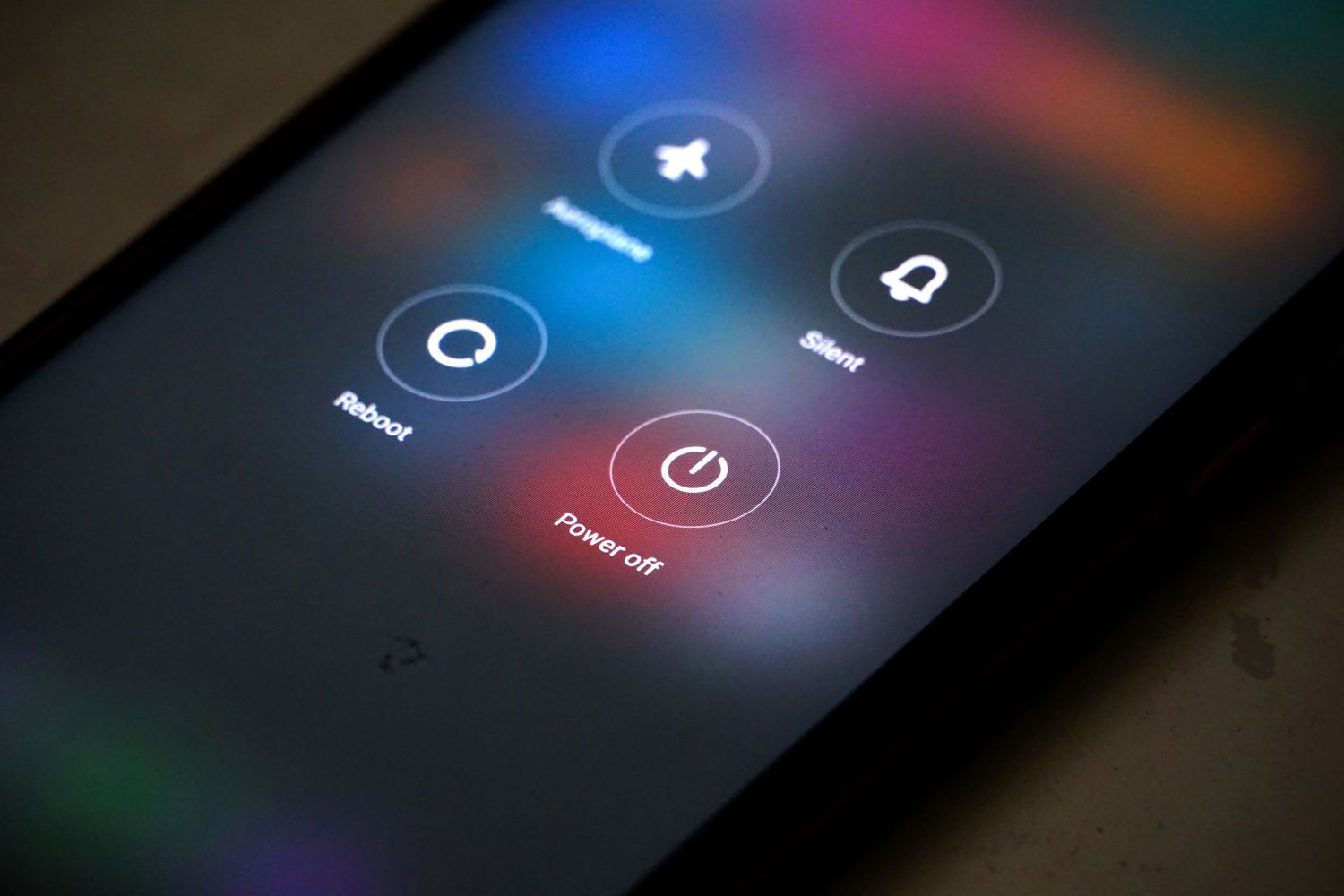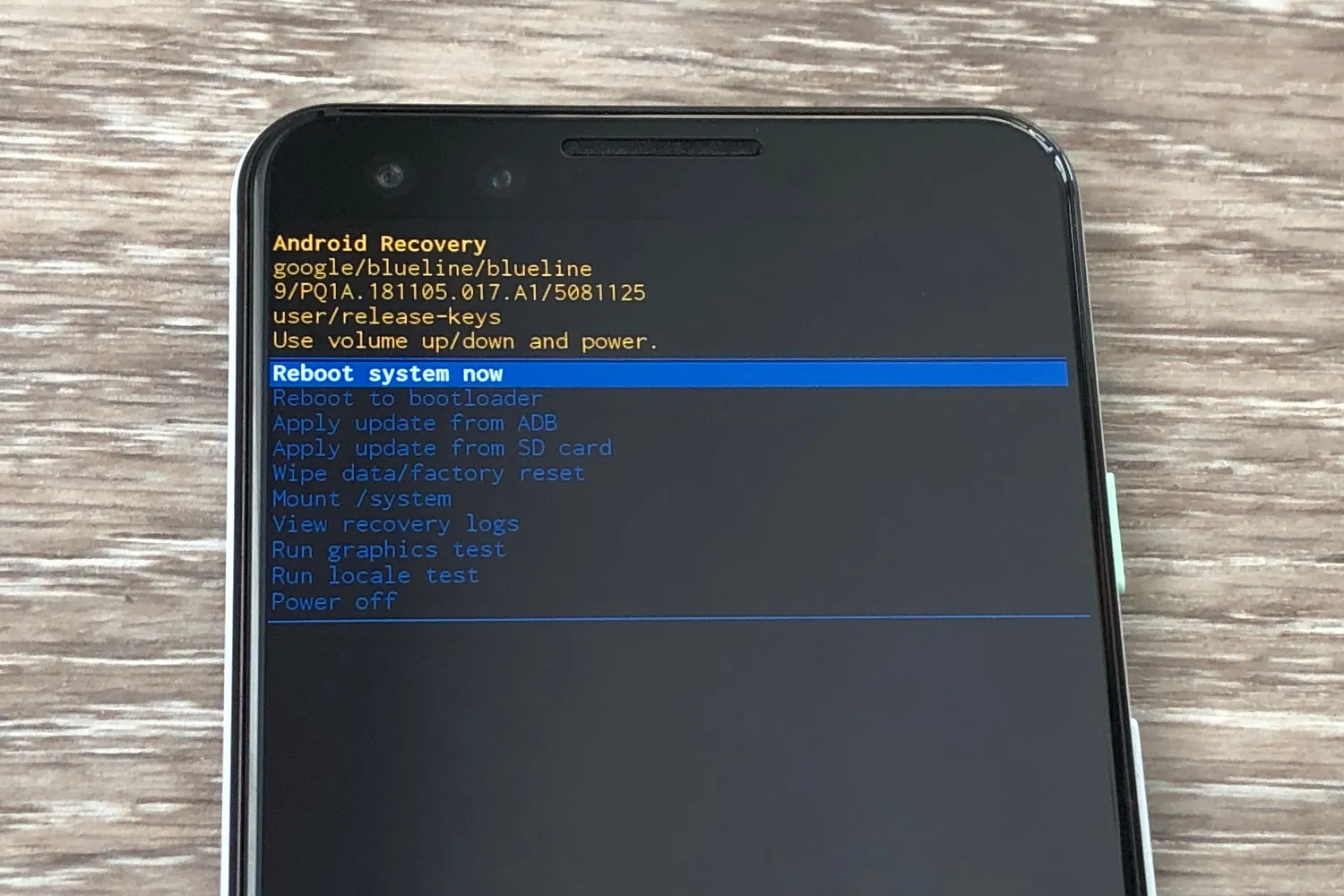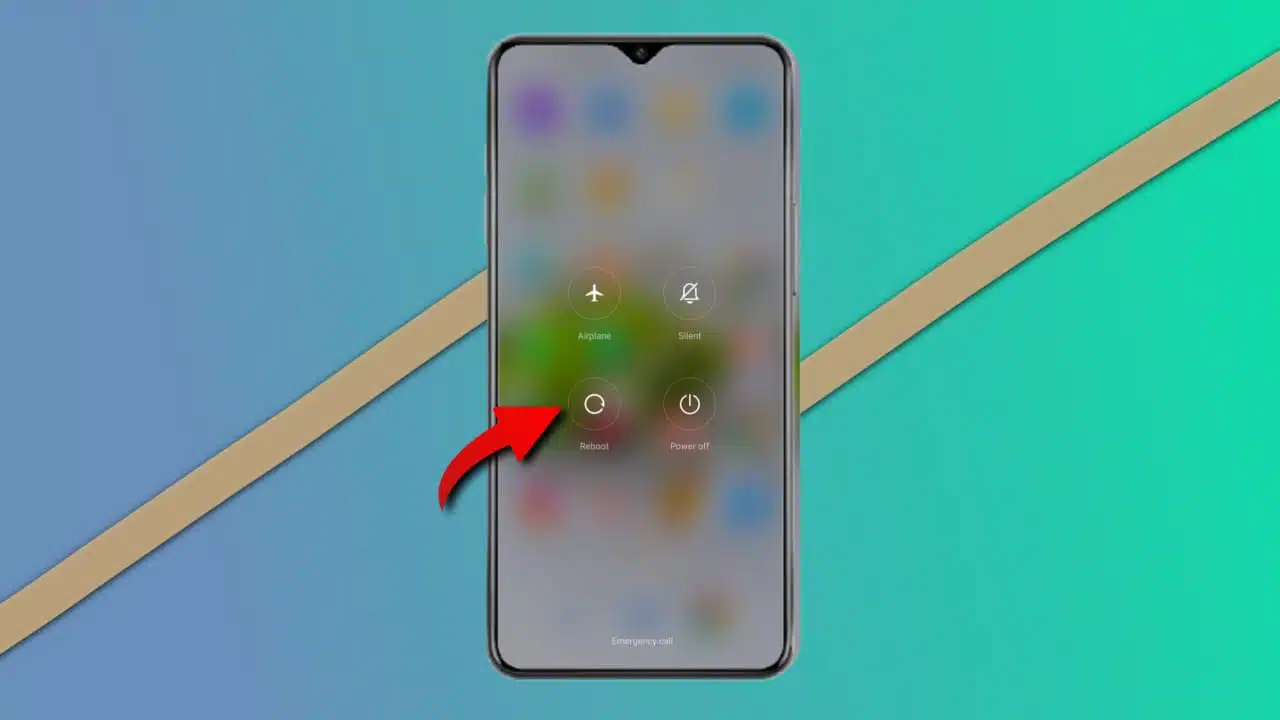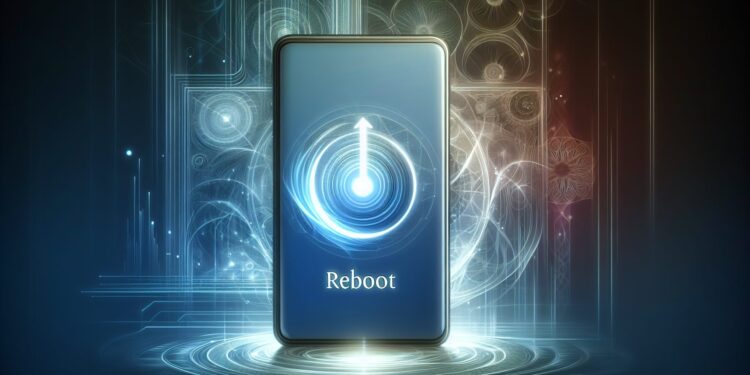Smartphones have become ubiquitous, indispensable tools in our daily lives, housing everything from personal photos to sensitive work documents. With the increase in smartphone usage across various operating systems comes an increased risk of security threats. In response, the National Security Agency (NSA) has provided advice that might seem simplistic but is crucial—reboot your smartphone regularly.

The Importance of Regular Reboots According to NSA Guidelines
The NSA’s advice, initially published in a mobile device best practices guide in 2020, is straightforward yet powerful. The guidance is not just about enhancing convenience; it’s also about fortifying security. The document takes a visual approach, using icons to help users easily understand what to do and what to avoid. Among the “do” recommendations are using strong PINs, passwords, and biometric locks, alongside regular software updates. The “do not” list warns against actions like rooting or jailbreaking your phone, clicking unknown links, or opening attachments from unknown sources.
One of the more intriguing pieces of advice is the recommendation to disable and reboot the device weekly. This action is suggested as a means to mitigate threats that are not persistent—those that cannot survive a reboot. Such threats include sophisticated zero-click malware and spyware used by nation-states in cyber-espionage campaigns.

Rebooting in 2024: Is It Still Necessary?
While the technology landscape continues to evolve, the need for security remains constant. In 2024, the advice to regularly reboot your smartphone holds, albeit for varying reasons beyond just security. Jake Moore, a global cybersecurity evangelist for ESET, mentions, “It is a good idea to reboot your phone regularly, more for battery reasons over security.” However, he acknowledges that rebooting can also resolve performance issues like connectivity problems and can occasionally flush out non-persistent malware.
The discussion around the necessity of rebooting is nuanced. A thread on Stack Exchange highlights this, where users debate the effectiveness of rebooting. The consensus leans towards rebooting as a precautionary measure, with minimal downsides and potential significant benefits in reducing vulnerability.
Expert Opinions and Public Response
The feedback to the NSA’s reboot recommendation has been varied, with many expressing gratitude for the highlight of such a simple yet effective security measure, while others wish for more detailed guidance on what rebooting cannot prevent. This underscores the public’s growing awareness and concern regarding cybersecurity.
Moore highlights a crucial point about the fast-paced nature of software updates and malware detection. “Zero-click malware remains a recurring issue for both Apple and Android operating systems,” he notes, “but is generally identified and addressed quickly.” This rapid response underscores the importance of regular system updates and reboots in maintaining device security.

Despite some criticism and the ongoing debate over the absolute effectiveness of rebooting, there is a strong case to be made for making it a regular practice. The NSA’s advice may not be a panacea for all security issues, but it is a vital part of a broader strategy to protect digital information.
Rebooting your smartphone might seem like a minor action, but as our devices become increasingly central to our lives, even small measures can make a big difference in safeguarding our personal information. Therefore, considering the minimal effort involved, regularly rebooting your smartphone is a habit worth adopting.










